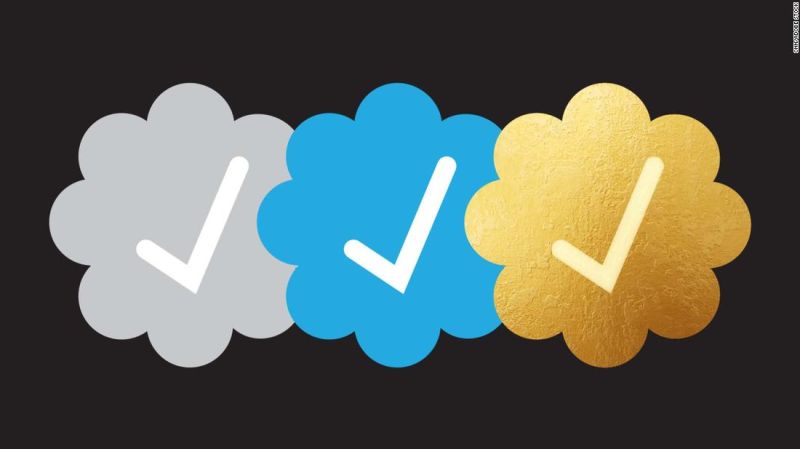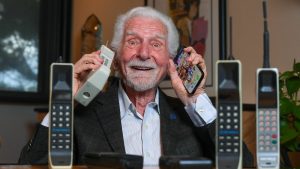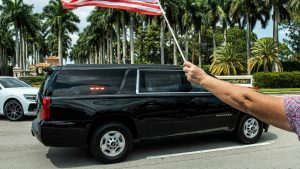
Musk didn’t single out any accounts for a purge of blue check marks
Twitter Lost a Blue Check: The Case for a Better Standard for Celebrities and Corporates, or Why We Shouldn’t Have a Different Standard for High-profile Accounts
In addition to that, Musk said individual users would eventually have to pay for blue checks and that the color-coded verification system was for companies and government entities.
But one high-profile account did lose its blue check over the weekend: the main account for the New York Times, which had previously told CNN it would not pay for verification.
After an account that often engages with Musk posted a meme this weekend about the Times declining to pay for verification, Musk responded in a tweet saying, “Oh ok, we’ll take it off then.” The billionaire lashed out at the Times in a series of criticisms that claimed the outlet’s coverage is boring and propaganda.
The weekend moves are just the latest example of Twitter creating confusion and whiplash for users over feature changes — and in this case, not just any users, but many of the most high-profile accounts that have long been a key selling point for the platform. It also highlights how Musk often appears to guide decisions about the platform more by whims than by policy.
In a separate puzzling move, Twitter’s blue bird logo at the top of the site was replaced on Monday with doge, the meme representing the cryptocurrency dogecoin, which Musk has promoted. The price of dogecoin shot up 20% on Monday.
The option for people to receive blue checks was put in place in early November. The program was quickly put on pause after being plagued by a wave of celebrity and corporate impersonators, and was relaunched in December.
In the days leading up to the blue check purge that wasn’t, prominent users such as actor William Shatner and anti-bullying activist Monica Lewinksy pushed back against the idea that, as power users that draw attention to the site, they should have to pay for a feature that keeps them safe from impersonation.
The new label could make it easier for people to scam or impersonate high-profile users if it’s not clear why accounts are verified. Musk has been pushing for the past year for more to be done to curb the growth of bots on the site, but some experts in inauthentic behavior think that reserving verification for paid Users will not reduce the number of bots.
“There shouldn’t be a different standard for celebrities,” he said in a tweet last week. The paid feature could benefit Musk, who is on the hook for huge debt after buying TWoP for $42 billion.
Musk last week also said that starting on April 15, only verified accounts would be recommended in users’ “For You” feeds alongside the accounts they follow.
The badges were given out to celebrities, politicians and other notable individuals in order to distinguish their accounts from those who sought to imitate them and to confirm their identities. That helped Twitter because public figures drove “a disproportionate amount of engagement” on the service and the celebrities and politicians could post freely without fear of being impersonated, said Lara Cohen, Twitter’s former global head of marketing and partners.
Elon Musk tried engaging with the Federal Trade Commission as the agency intensified an inquiry into Twitter’s privacy and data practices, documents show, but he was rebuffed.
Musk said Twitter is now worth about $20 billion , according to an email he sent to employees, a significant drop from the $44 billion that he paid to buy the company in October.

